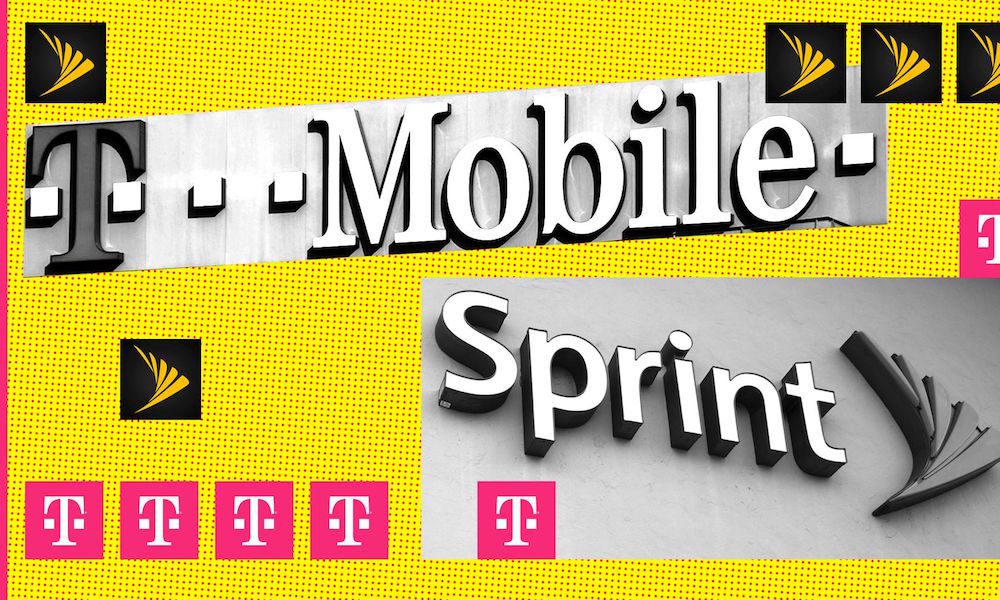T-Mobile, Sprint Try to Convince the FCC Their Merger Is a Good Idea
 Credit: Axios / Lazaro Gamio
Credit: Axios / Lazaro Gamio
Toggle Dark Mode
T-Mobile and Sprint are trying to sell their proposed merger to U.S. regulators. Unsurprisingly, they’re painting it as a purely positive outcome for the industry.
The two carriers have officially submitted a Public Interest Statement to the Federal Communications Commission this week. In it, T-Mobile and Sprint outline the supposed benefits of the move.
Again, it isn’t surprising that the carriers are attempting to convince the FCC to green-light their merger. What is interesting are the chief arguments that T-Mobile and Sprint are laying out.
Benefits?
The Public Interest Statement focuses quite a bit on the benefits to cord-cutters. While T-Mobile is already planning its own streaming TV service, it notes in the statement that such a move — and its ability to rival existing TV players — would be a costly endeavor.
The statement goes on to argue that the merger could help this along through combined network infrastructure and a larger base of potential service subscribers. They also argue that the merger could speed deployment of 5G networks, and let users stream video over those networks sooner.
T-Mobile and Sprint are also claiming that their merger will be better for competition, as it would likely force Verizon and AT&T to upgrade their own services to compete.
The merger, they contend, could help the combined carrier build out three times the 5G capacity than if they stayed separate. And, they also argue that the price-per-gigabyte of data could also drop by as much as 55 percent.
Lastly, the two carriers said that the merger could create more than 12,000 new jobs in the U.S. economy — thanks to new positions created at stores, call centers, and through expansions in rural areas.
We’ve previously covered the pros and cons of such a merger in a piece late last year.
Based on recent events, it seems increasingly likely that antitrust regulators will give the merger the go-ahead. What’s still unclear is how many of the apparent pros will actually reach consumers or the U.S. job market — or how significantly they’ll benefit those areas.






